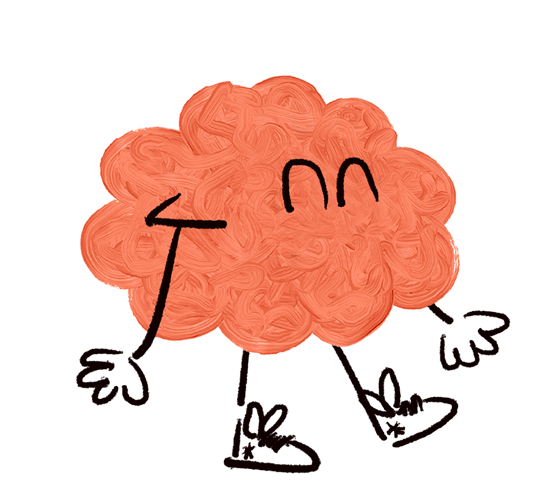An eating disorder is a mental health condition where you use the control of food to cope or manage your feelings. Examples of unhealthy eating behaviours may include eating too much or too little, or becoming obsessive with your eating patterns.
Common types of eating disorders include anorexia, bulimia, binge eating, and avoidant/restrictive food intake disorder (ARFID). The signs and symptoms differ across the types of eating disorders. Anyone can get an eating disorder, but the NHS states that young people between 13 and 17 years old are mostly affected. With treatment, most people can recover from an eating disorder.
There are lots of different things that can cause eating problems or disorders. Being worried or stressed can affect the way you eat and can become an issue.
Some of examples of eating behaviours that you may be struggling with include:
If any of the above symptoms are affecting your everyday life, it may be a good idea to talk to someone about how you’re feeling.
For children and young people in Bolton there is a community eating disorder service provided by Greater Manchester Mental Health NHS FT. If you feel you need some support speak to your GP, School Nurse or Teacher who can refer you to the service.
Beat also have a young person’s helpline which is free for anyone to call on 0808 801 0711

An overview of the support Beat can provide for you or your loved ones including helplines, email and 1-2-1 online chat
Information about the Community Eating Disorder Service available for young people across Bolton and Wigan
Young Minds present a real life story of a young person recovering from anorexia
Young Minds have produced a guide for young people to help understand and support with eating problems
Be Body Positive provides support for young people, parents, carers and professionals on improved eating behaviours and relationship with food and building a positive body image.
Hope shares her story of recovery and provides advice if you’re struggling with an eating disorder
Rethink mental illness have produced a factsheet about the different types on eating disorders and how to get support
Local information about services available to support your mental health